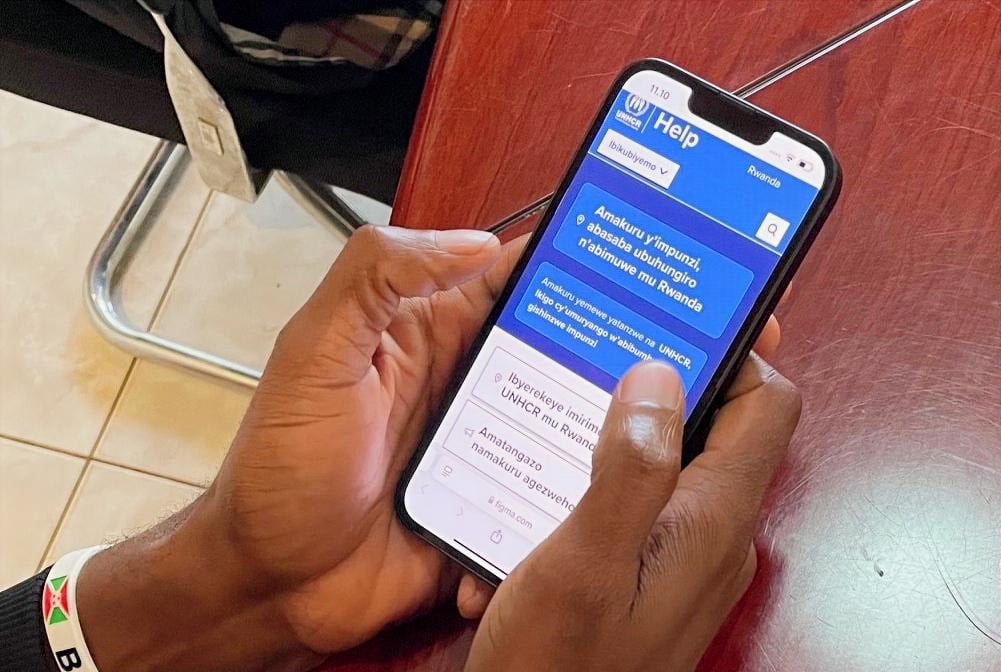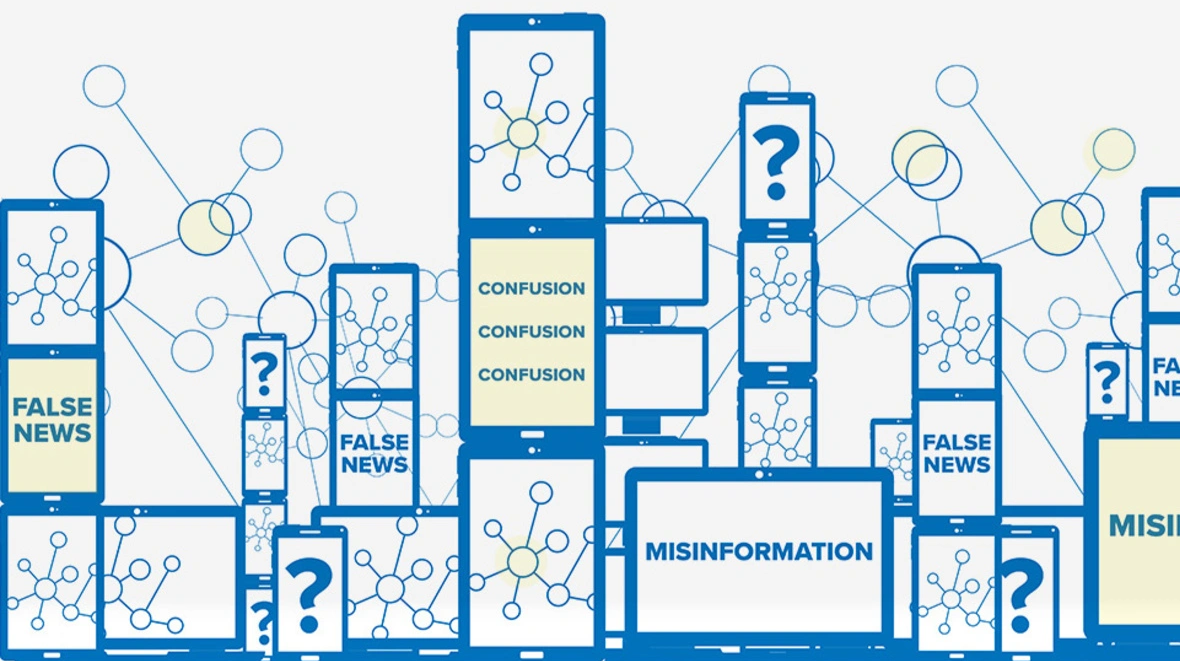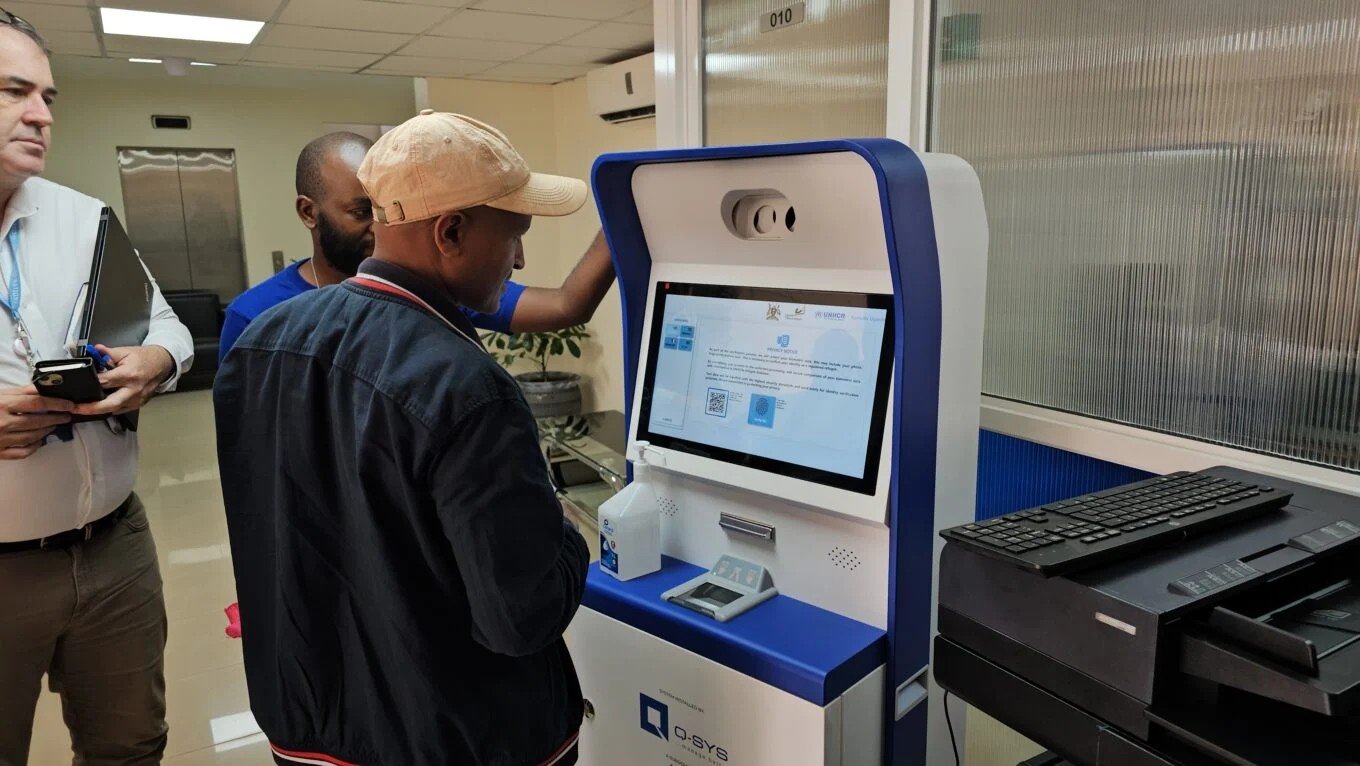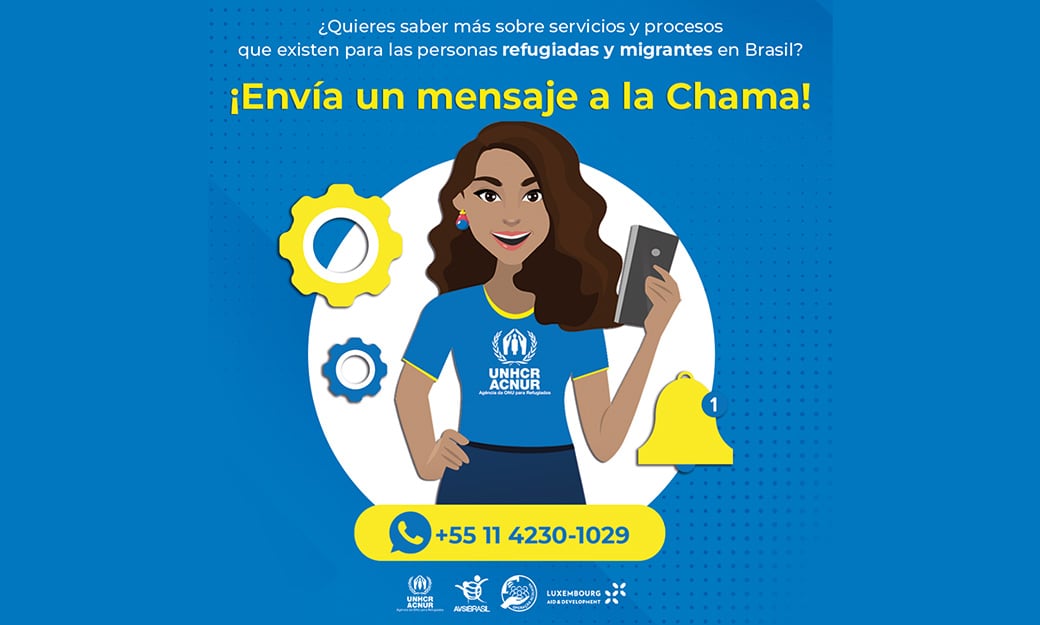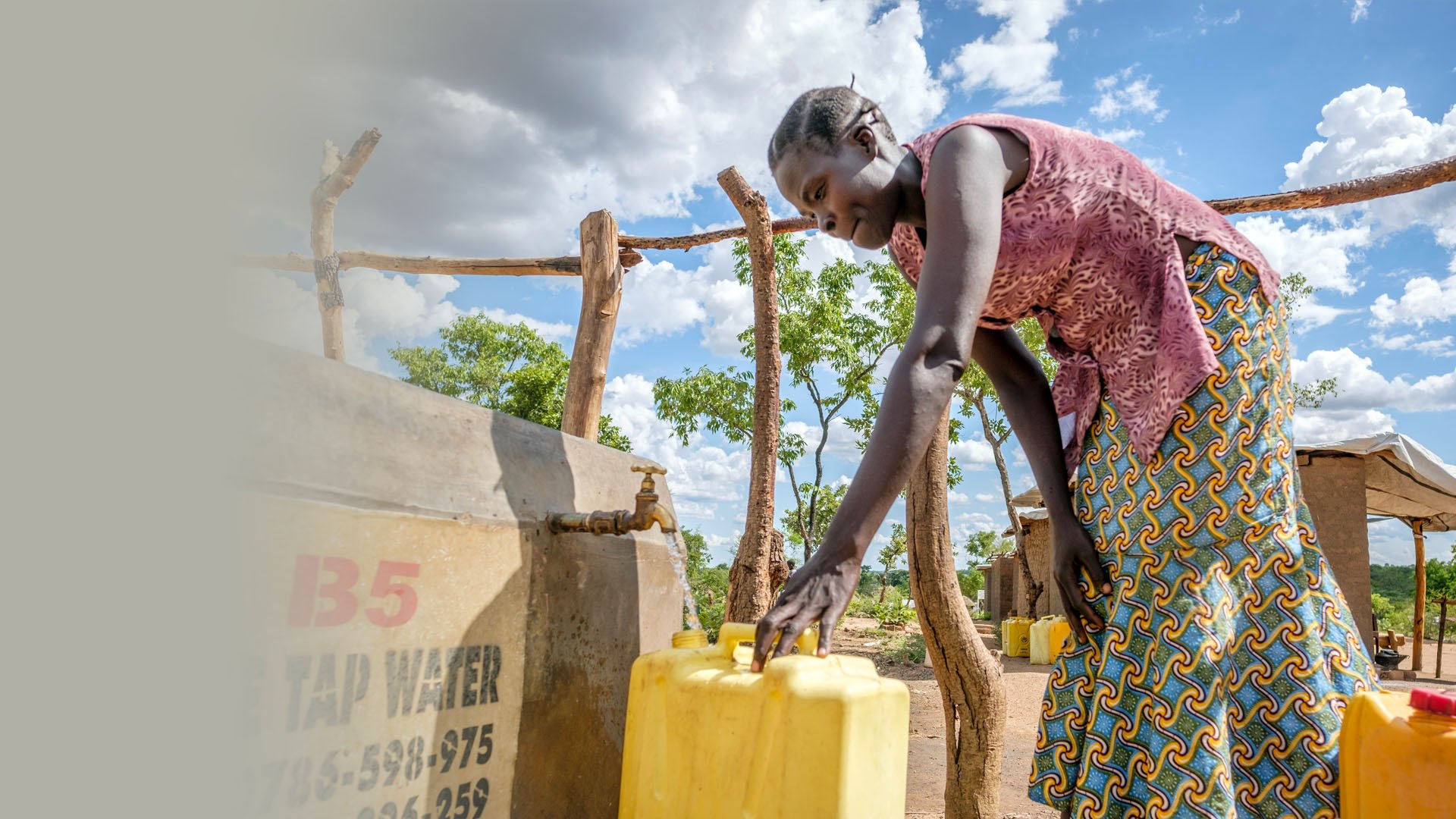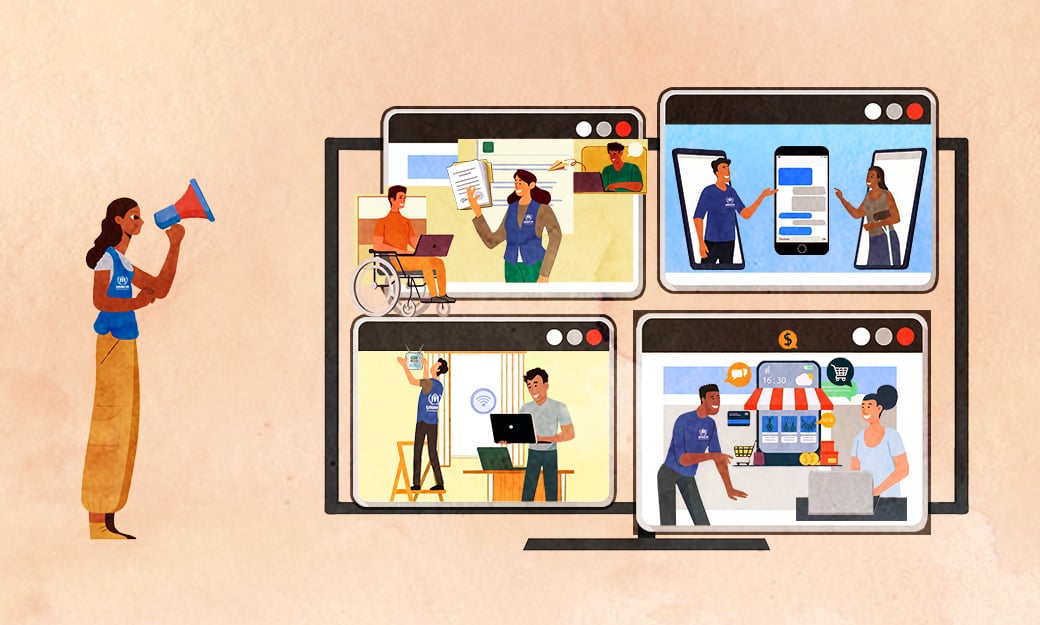


Our digital transformation vision
UNHCR’s vision is for the communities we serve to have the digital skills, agency, and tools to safely engage in today’s digital world, to access inclusive services, achieve greater self-reliance and protection, and to have a greater voice in the decisions that impact their lives.
To achieve this, UNHCR’s supporting vision is to transform the way it works, innovating digitally to create efficiencies, improve knowledge sharing, engagement and collaboration, mobilize resources and increase our impact.
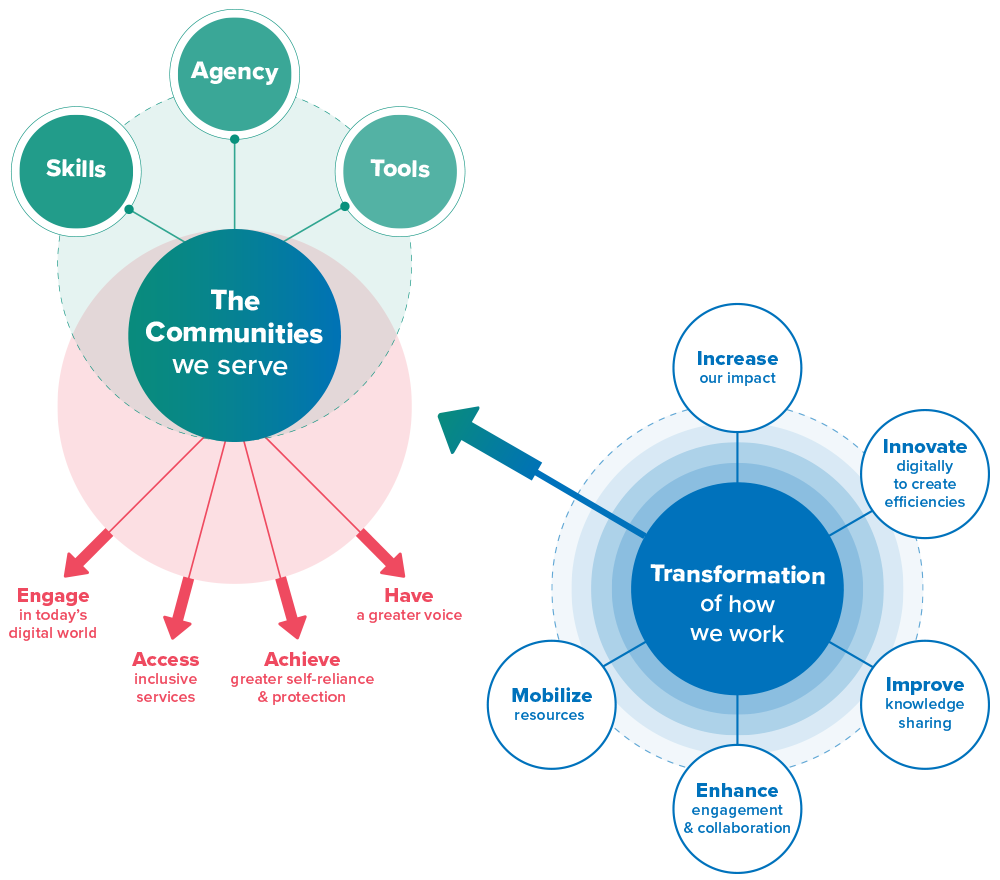
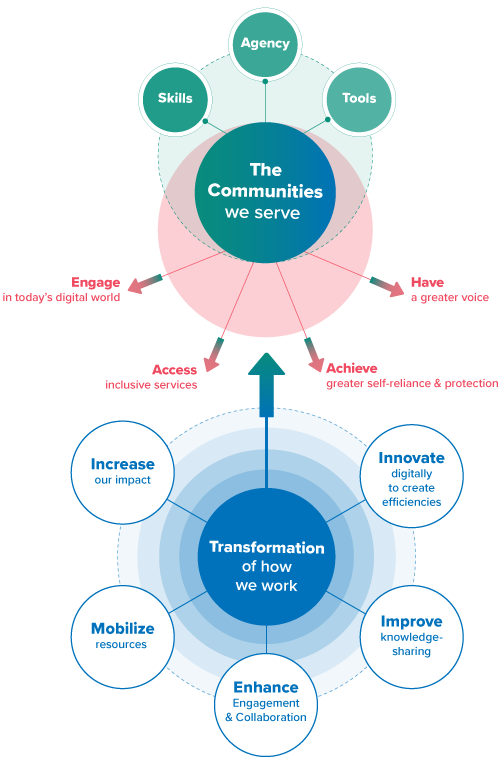
Priority outcomes
UNHCR’s Digital Transformation Strategy sets out five priority outcome areas, both externally impacting the people we serve as well as internally impacting our way of working.
Priorities to create a digital future for:
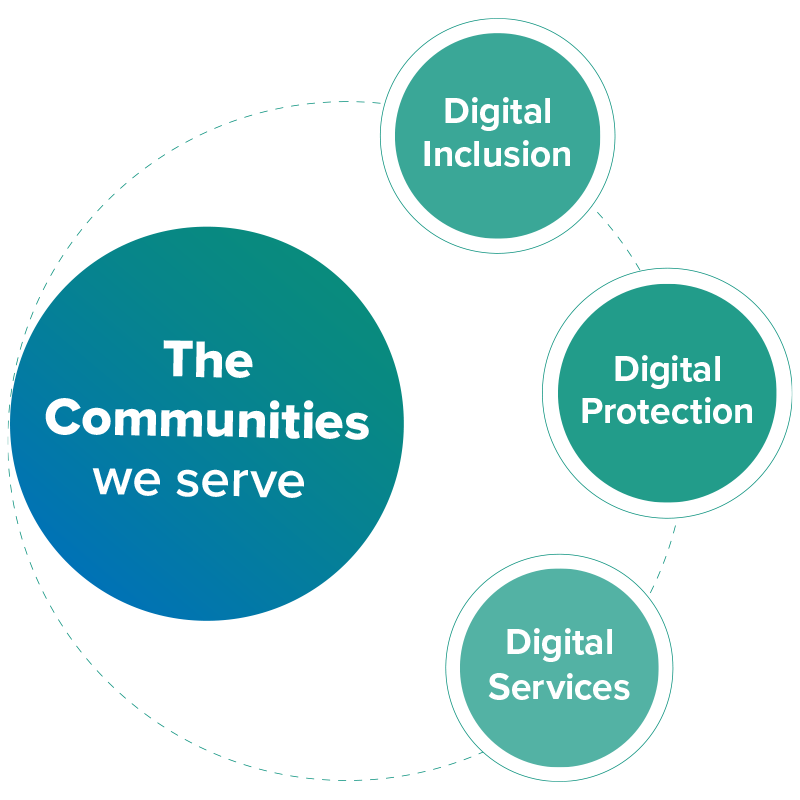
Digital inclusion
Communities have equitable access to digital technology and channels and can use them to pursue opportunities for lifelong learning, inclusion in the digital economy, leisure, and solutions.
Digital protection
Communities can exercise their human rights online and are protected from digital risk, enabling them to have access to trusted channels, avoid harm and have agency in decision-making.
Digital services
Communities have access to high quality, efficient and safe digital services from UNHCR and its partners.
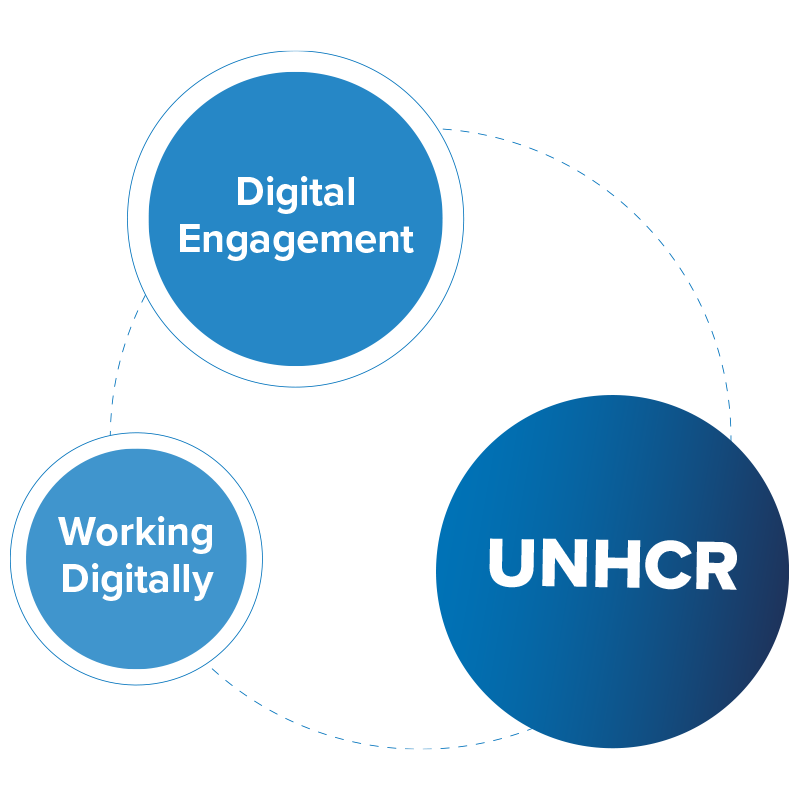
Digital engagement
UNHCR delivers impact-led digital engagement strategies that increase audience engagement with our work and strengthen resource mobilization, protection and solutions.
Working digitally
UNHCR utilizes innovative digital solutions tools and builds the skills necessary to transform delivery, collaboration and knowledge sharing in order to work more efficiently and effectively.

Cross-cutting approaches
To achieve progress across the five outcome areas, UNHCR will undertake several cross-cutting approaches:

Digital services framework & gateway
We will invest in local and national digital solutions, as well as in our global digital identity management capacity, to enable the people we serve to access online digital services.

Digital toolset
We will invest in the adoption and promotion of digital tools and solutions, which will empower regions to communicate, work and protect more effectively.

Partnerships & advocacy
We will advocate with governments, regulators and the private sector to foster inclusive and protective digital environments and approaches.
We will also partner with governments and the private sector on resource mobilization, co-creation, shared-value projects and access to expertise.

Capacity building
We will build capacity within UNHCR and with key external stakeholders, so that digital skills are developed and additional expert human resources are available.

Research & evidence
We will strengthen our evidence base through robust research and analysis, which will help us to design and implement appropriate digital services, strategies and frameworks.
Guiding principles
UNHCR will implement the strategy in line with the following guiding principles:
Accountability to Affected People
UNHCR will ensure our Accountability to Affected People (AAP) commitments are embedded across all strategy areas, with a focus on participation and inclusion, co-design, communication and transparency, feedback and response and organizational learning and adaptation.
Accessible to all
UNHCR will work with its technology partners to ensure all internal and external digital services and platforms are accessible to everyone regardless of age, gender, disability, race, socioeconomic, sexual orientation, gender identity, and diverse characteristics. Content created will be optimized and assessed for accessibility.
Protection, rights & ethics
UNHCR will promote the increased protection of the people we serve online, including the prevention of online abuse and harm that can spill over into the offline world. This also encompasses their right to equally be part of a connected society and their right to privacy, including in their online activity and in the digital processing of their personal data by UNHCR and other actors.
Communities will be supported and empowered to manage digital risks, so they can connect with confidence. UNHCR’s use of digital technology will meet international human rights and ethical standards, with a focus on high-risk technologies, uses and contexts.
Digital efficiency
UNHCR will look for digital efficiency by reusing solutions and designing business processes to deliver our work more efficiently and cost effectively.
UNHCR will monitor new digital solutions that are developed in the field to identify scope for scalability to other operations and avoid duplication. Where possible UNHCR will reuse and improve digital solutions already developed by partners and other agencies.
Where appropriate UNHCR will use open technical standards, including for data security and biometrics, and digital public goods to ensure maximum benefit to those we serve.
Environmental sustainability
UNHCR’s use of digital technology has a major impact on the organization’s environmental footprint. We will accordingly put in place checks and balances to ensure the Digital Transformation Strategy reinforces the objectives of the Strategic Framework for Climate Action.
Content & data preservation
UNHCR will ensure that content with long-term value is preserved and securely accessible for use and re-use. Digital content preservation means mitigating against in-built obsolescence in systems and solutions.

